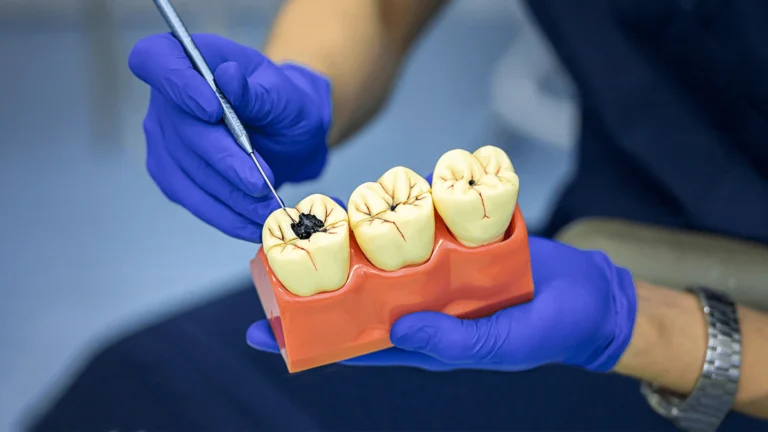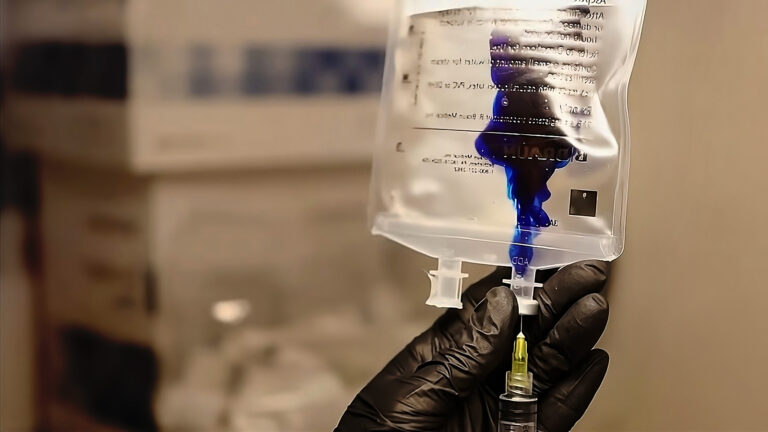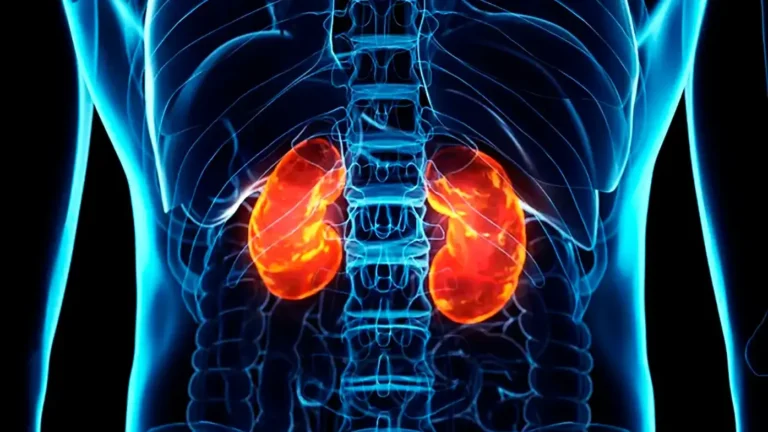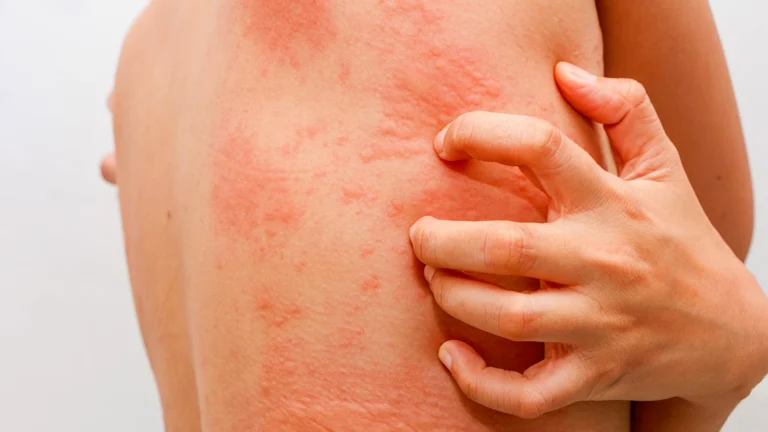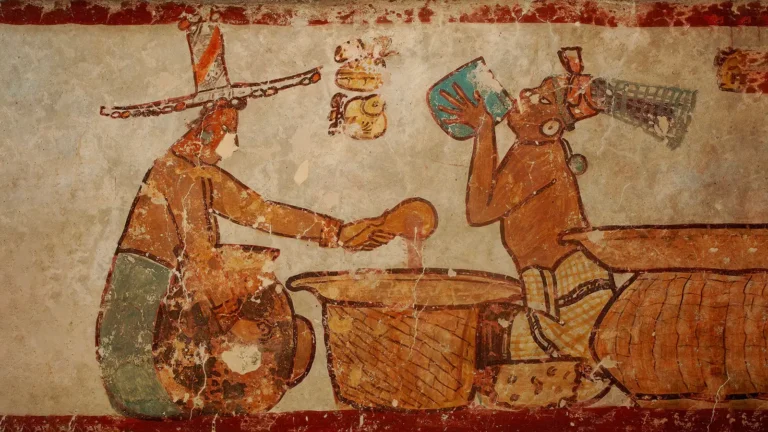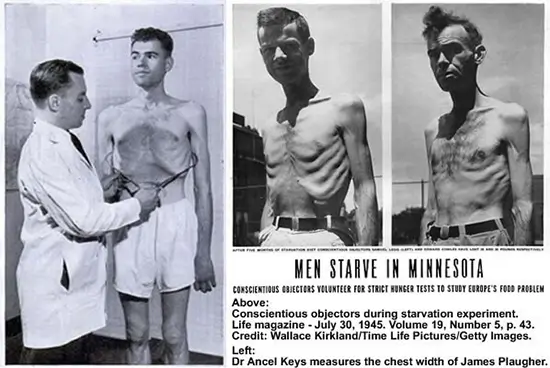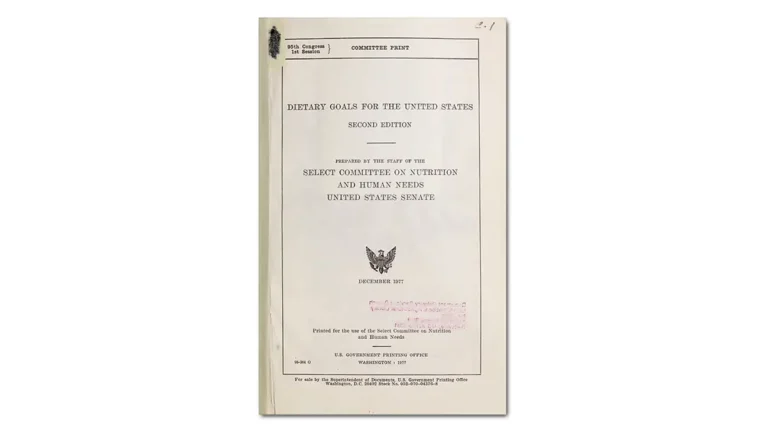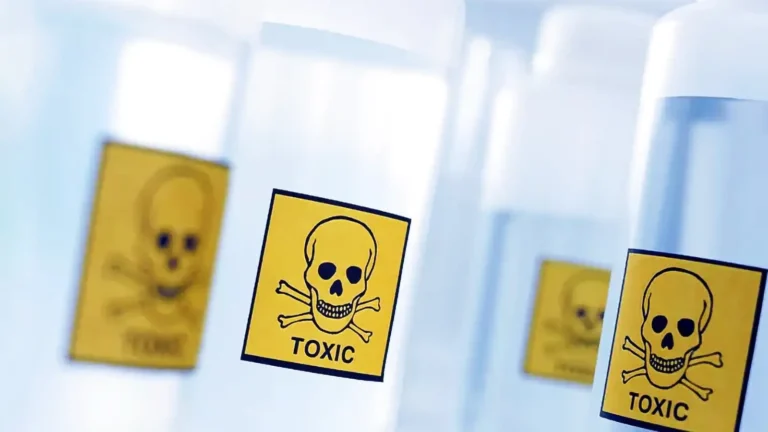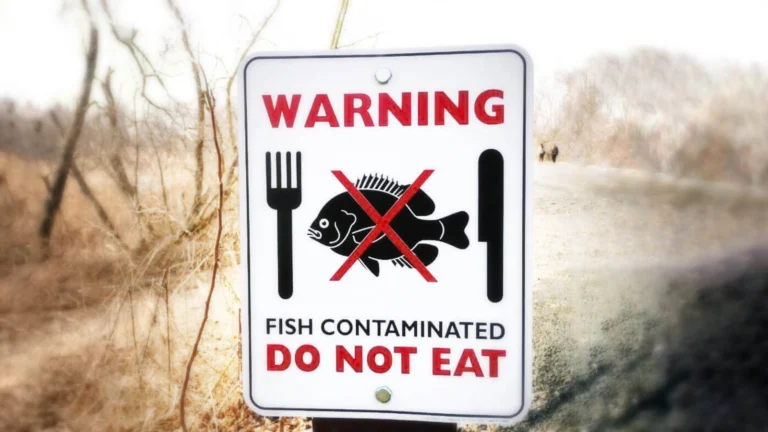A propos de nous
L'objectif de GoVeganWay est de vous apporter, ainsi qu'à votre médecin, les dernières recherches dans le domaine de la science nutritionnelle. L'objectif de GoVeganWay est de présenter la recherche sur la santé fondée sur des données probantes d'une manière facile à comprendre afin que nous puissions tous bénéficier de la science disponible.
Publicité
Publicité
Publicité
Les Poissons Sont-ils Des Animaux ? Une Perspective Culturelle
Dans certaines cultures, la viande de poisson n'est pas considérée comme de la viande et le poisson est autorisé même pendant le jeûne.
Rince-bouche Naturel Fait Maison : Éprouvé, Plus Fort et Moins Toxique
Le bain de bouche naturel fait maison est plus puissant que la chlorhexidine, moins toxique et, s'il est avalé, il peut donner des nausées, mais il a aussi une valeur ORAC élevée.
Comment Arrêter les Caries Dentaires : Symptômes, Causes et Prévention
La consommation de sucre est la principale cause des caries dentaires, associée à des carences en minéraux, notamment en magnésium, zinc, cuivre et oligo-éléments.
Amla : Avantages Prouvés, Nutrition et Signification Clinique
L'amla est l'un des antioxydants les plus puissants au monde, avec un score ORAC de 261 530. Il s'agit d'une riche source de substances phytochimiques qui ont de nombreux effets bénéfiques sur la santé.
Bleu de Méthylène : Utilisations Thérapeutiques et Signification Clinique
Le Bleu de méthylène est un puissant antioxydant synthétique. Il améliore la fonction mitochondriale et la capacité de nos cellules à produire de l'énergie.
Bienfaits de la Chlorella : Plante B12, Fer, Zinc & Détox
La chlorelle est une source végétalienne de B12, de fer et de zinc. Elle possède de fortes propriétés de chélation des métaux lourds, renforce le système immunitaire, réduit le cholestérol et le risque d'anémie.
Postes aléatoires
Le plus lu de tous les temps
En savoir plus
Comment Jeûner : Les Aliments de Jeûne Qui N'interrompent Pas L'Autophagie
L'autophagie. Vous êtes-vous déjà demandé ce qu'il advient des cellules de votre corps lorsqu'elles meurent ou sont endommagées ? S'accumulent-elles et créent-elles des problèmes, ou sont-elles éliminées d'une manière ou d'une autre ? La réponse est que votre corps...
Sensibilité et Douleur des Dents aux Sucreries : Solution Rapide et Durable
L'huile essentielle de clou de girofle est une solution rapide et facile pour soulager la douleur. C'est un antioxydant puissant et un analgésique qui peut aider à lutter contre les maladies des gencives et les maux de dents.
Haricots Verts : Nutrition et Bienfaits Pour La Santé
Les haricots verts sont pauvres en calories et riches en composés naturels qui peuvent vous aider à contrôler votre glycémie, à réduire votre taux de cholestérol et à lutter contre les radicaux libres.
Peut-on Manger des Champignons Crus : Risques pour la Santé, Nutrition et Sécurité
Les champignons contiennent des toxines sensibles à la chaleur, comme l'hydrazine ou l'agaritine, et des parois cellulaires composées de chitine qui ne peuvent pas être digérées correctement par l'homme.
Les Poissons Sont-ils Des Animaux ? Une Perspective Culturelle
Dans certaines cultures, la viande de poisson n'est pas considérée comme de la viande et le poisson est autorisé même pendant le jeûne.
Rince-bouche Naturel Fait Maison : Éprouvé, Plus Fort et Moins Toxique
Le bain de bouche naturel fait maison est plus puissant que la chlorhexidine, moins toxique et, s'il est avalé, il peut donner des nausées, mais il a aussi une valeur ORAC élevée.
Comment Arrêter les Caries Dentaires : Symptômes, Causes et Prévention
La consommation de sucre est la principale cause des caries dentaires, associée à des carences en minéraux, notamment en magnésium, zinc, cuivre et oligo-éléments.
Amla : Avantages Prouvés, Nutrition et Signification Clinique
L'amla est l'un des antioxydants les plus puissants au monde, avec un score ORAC de 261 530. Il s'agit d'une riche source de substances phytochimiques qui ont de nombreux effets bénéfiques sur la santé.
Bleu de Méthylène : Utilisations Thérapeutiques et Signification Clinique
Le Bleu de méthylène est un puissant antioxydant synthétique. Il améliore la fonction mitochondriale et la capacité de nos cellules à produire de l'énergie.
Bienfaits de la Chlorella : Plante B12, Fer, Zinc & Détox
La Chlorella est un végétalien source de vitamine B12, de fer et de zinc, possède de fortes propriétés de chélation des métaux lourds, le potentiel de réduire le taux de cholestérol, de réduire l'anémie, et de stimuler le système immunitaire.
Bienfaits Spiruline : Superaliment Riche en Phycocyanine
La spiruline possède de fortes propriétés antioxydantes, anticancéreuses, antivirales et immunomodulatrices, ainsi qu'une capacité à lutter contre l'obésité, le diabète et le cholestérol.s
Régime Pauvre en Histamine et Intolérance à l'Histamine : Guide Complet
L'un des moyens de gérer l'intolérance à l'histamine est de suivre un régime pauvre en histamine. Cela signifie qu'il faut éviter les aliments riches en histamine ou susceptibles de déclencher sa libération.
- Postes aléatoires -
Carence en Vitamine D - Facteurs de Risque
Il n'y a que deux vitamines qui ne sont pas produites par les plantes, la vitamine D et l'autre soi-disant vitamine B12. La carence en vitamine D est un vrai problème.
Intolérance au Lactose - 65 % de Chances Que Vous l'ayez
Les personnes d'origine européenne peuvent boire du lait, contrairement au reste du monde. Il y a cependant beaucoup de substances dans le lait en plus du lactose qu'aucun d'entre nous ne peut tolérer.
Épuisement du Glycogène - Comment ne Pas Faire d'Exercice
Que se passe-t-il lorsque nous faisons de l'exercice ou que nous suivons un régime restrictif ?
Consommation Optimale d'Antioxydants : Apports Recommandés en Unités ORAC
La consommation optimale d'antioxydants dépend de l'exposition à la toxicité. Le score d'unité ORAC minimum est de 8 000 à 10 000 par jour juste pour contrecarrer le métabolisme.
Cúrcuma : Mejora de la Salud y Beneficios Clínicos
Dans le curcuma, il existe plus de 300 composés phytochimiques actifs identifiés à ce jour. Il est si puissant qu'il peut même altérer l'expression de nos gènes.
Comment Arrêter les Caries Dentaires : Symptômes, Causes et Prévention
La consommation de sucre est la principale cause des caries dentaires, associée à des carences en minéraux, notamment en magnésium, zinc, cuivre et oligo-éléments.







